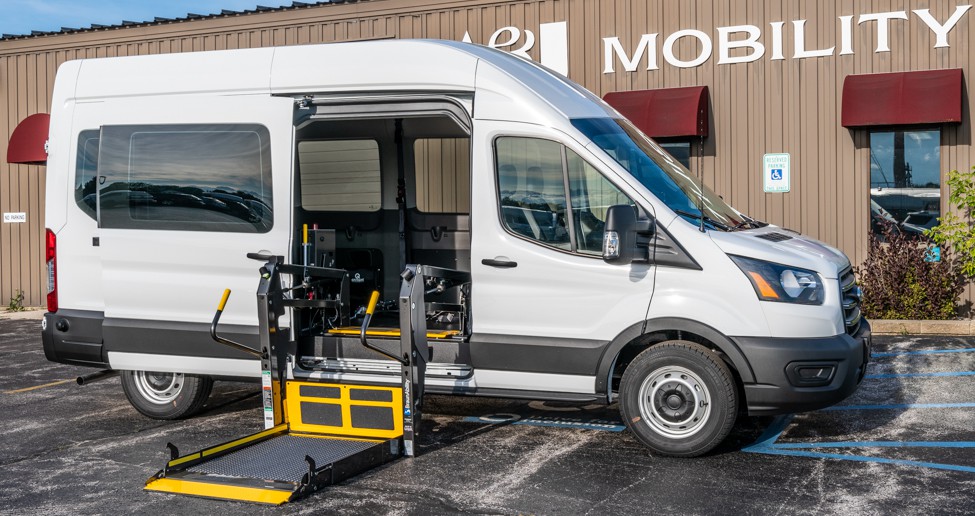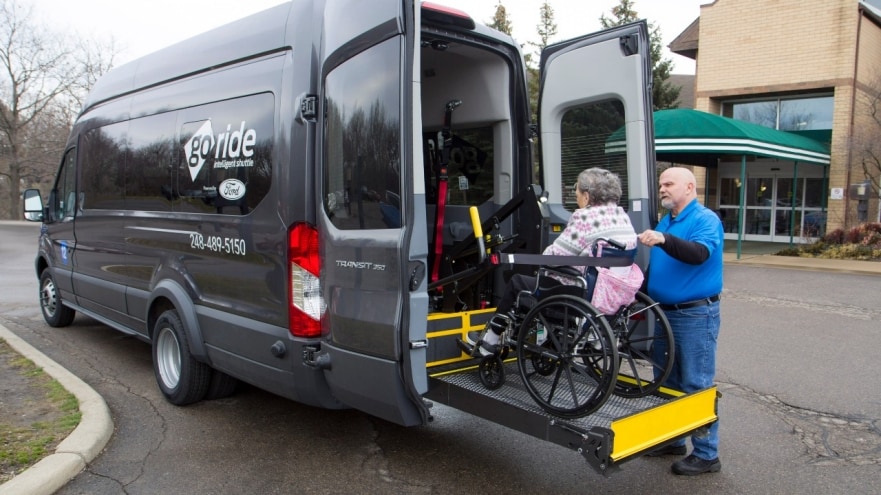Inexpensive and Accessible Medical Transportation Options for each Circumstance
In the realm of medical care, the capacity to access medical services is vital, yet the obstacle of cost effective and available transportation can commonly prevent people from receiving necessary care. By exploring specialized medical transport services, neighborhood transportation programs, ride-sharing and taxi services, non-emergency medical transport, as well as public transit and paratransit alternatives, people can locate methods that provide to their certain demands and ensure they receive the treatment they require.
Specialized Medical Transport Solutions
Specialized medical transportation services play a vital role in making certain secure and effective transportation for people needing specialized care throughout transit. These solutions deal with clients with unique clinical needs, such as those requiring continuous surveillance, specific equipment, or clinical treatments during transportation. By using specially complete vehicles and skilled medical employees, specialized medical transportation solutions guarantee that people get the essential care while being transported between medical care facilities, homes, or various other places.
One trick aspect of specific clinical transport solutions is the concentrate on person comfort and safety. Clinical transportation teams are educated to handle numerous medical conditions and emergency situations that may emerge during transportation, providing a higher level of care than standard transport options. Additionally, these services usually use door-to-door aid, lessening the anxiety and pain that people may experience during transfers.
Community Transportation Programs
Having actually resolved the critical duty of specialized medical transport solutions in making certain secure and efficient transportation for individuals with unique medical demands, the emphasis currently changes to taking a look at Neighborhood Transportation Programs - medical transportation. These programs play a vital role in giving affordable and accessible transport remedies for the basic population, including seniors, individuals with handicaps, and low-income households who might face obstacles in accessing standard transportation choices
Area Transportation Programs encompass a variety of solutions such as fixed-route buses, paratransit services, volunteer driver programs, and ridesharing initiatives. These programs are frequently subsidized by city governments, charitable companies, or personal business to make sure that people have reliable transport alternatives to get to medical visits, supermarket, social activities, and various other essential locations.
Ride-Sharing and Taxi Providers

One of the key advantages of ride-sharing and taxi services is their availability. These view it now solutions operate 24/7, enabling individuals to take a trip to clinical appointments, pharmacies, or healthcare facilities any time of the day. In addition, ride-sharing and taxi solutions deal with people with movement challenges by providing wheelchair-accessible lorries upon demand.
Furthermore, ride-sharing and taxi solutions can be especially useful for individuals residing in locations with limited mass transit alternatives. By linking the void in between home and healthcare centers, these solutions play an essential duty in making certain that everybody has access to important clinical services.
Non-Emergency Medical Transport

Non-Emergency Medical Transport service providers usually employ trained employees that are experienced in helping individuals with differing medical needs (medical transportation). These professionals ensure that people are securely transported to their locations in a prompt way, attending to any specific needs or clinical equipment required throughout the trip. By supplying door-to-door solution, Non-Emergency Medical Transportation boosts the general availability of medical care for individuals that might or else have a hard time to go to essential medical appointments. Generally, these services contribute dramatically to boosting health care end results by assisting in the smooth transportation of people to non-urgent medical centers.
Public Transit and Paratransit Options
Public transit and paratransit options provide important transportation services for people with differing mobility needs, ensuring accessibility to essential locations such as medical centers and appointments. Public transportation systems, consisting of buses, trains, and trains, offer an economical and extensively readily available setting of transport for individuals seeking to reach medical appointments. These services are especially helpful for those who may not have accessibility to personal automobiles or call for assistance as a result of movement challenges.
Paratransit solutions cater particularly over here to individuals with disabilities who are not able to make use of conventional public transport. These solutions offer door-to-door transportation, suiting people with mobility devices, walkers, or other movement help. Paratransit cars are geared up with features such as wheelchair ramps and securement systems to guarantee the secure and comfy transportation of passengers with differing wheelchair demands.

Conclusion

 Josh Saviano Then & Now!
Josh Saviano Then & Now! Nancy Kerrigan Then & Now!
Nancy Kerrigan Then & Now! Robbie Rist Then & Now!
Robbie Rist Then & Now! Andrew McCarthy Then & Now!
Andrew McCarthy Then & Now! Katey Sagal Then & Now!
Katey Sagal Then & Now!